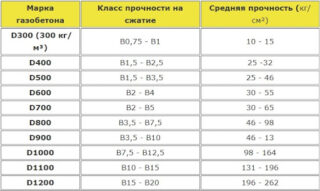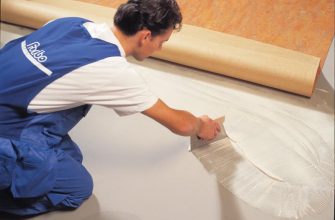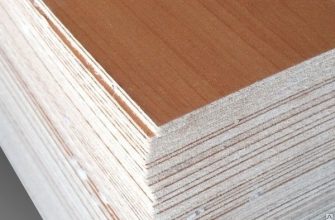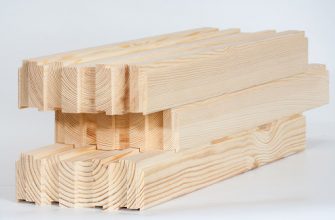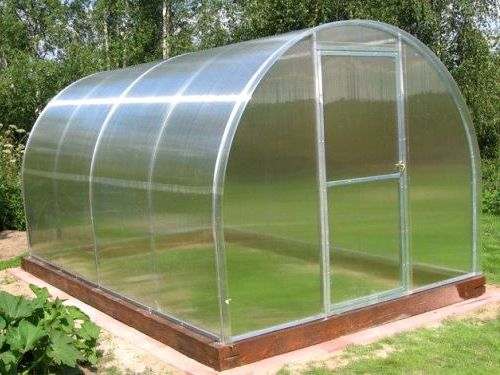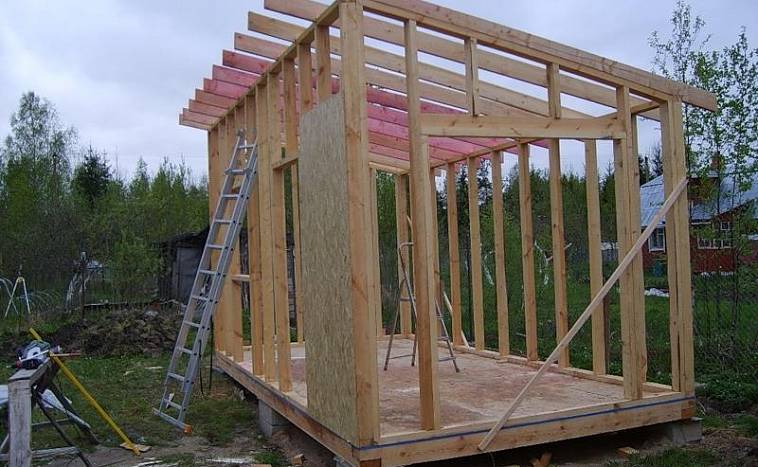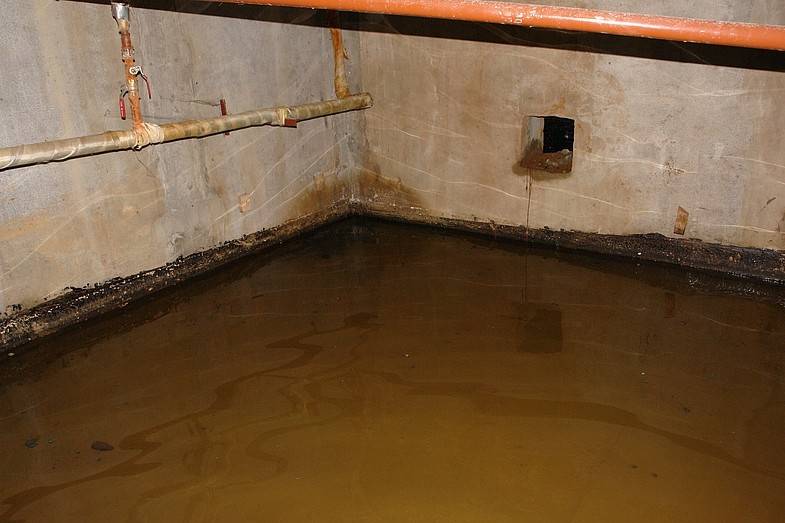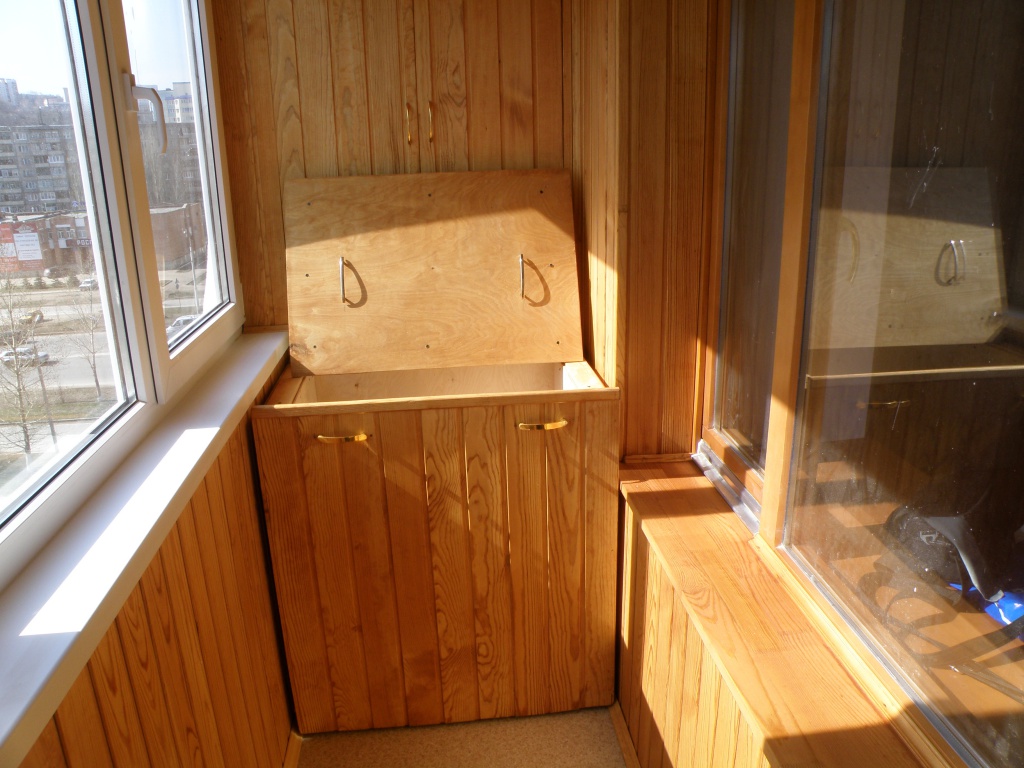Modern private construction involves the use of new technologies, thanks to which, at an affordable cost, it is possible to build housing that differs in all criteria of quality and comfort. Using aerated concrete blocks for building a house, landlords can build it literally within one warm season. A distinctive feature of foam blocks is low thermal conductivity, large size with low weight. Novice developers need to initially understand the theory of the issue. Despite the same appearance, the products have different technical characteristics and purposes.
Gas block types depending on production technology
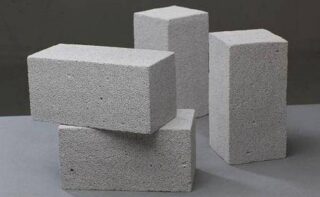
When deciding which aerated concrete to choose for building a house, you should familiarize yourself with its properties, which are determined by the technology of their production. The raw materials are cement, sand, lime and a special foaming agent, which provides an increase in the mixture in volume and the formation of many internal voids. It is the porous structure that ensures the low thermal conductivity and lightness of the bricks. After they have solidified, they are precisely trimmed to size. The best aerated concrete for building a house has differences on one side of no more than 0.2-0.3 mm. Standard products have a tolerance of 1 mm.
The size of the deviations is important in several ways. For external plastering, more mortar is required. And this is far from extra time and money. The same applies to the consumption of the composition between the stones. In addition to increasing its volume, heat loss through the cold bridges increases. Even the highest quality polymer composition has a higher thermal conductivity than aerated concrete block.
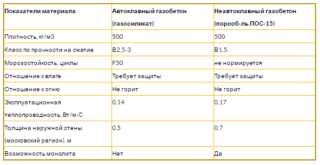
By the manufacturing method, the following types of material are distinguished:
- Non-autoclave. Hardening and solidification occurs at the temperature and humidity of the warehouse. The strength characteristics of the products are low; it is used in low-rise construction and insulation.
- Autoclave. This type, after being poured into a mold, enters the furnace, where it is subjected to steam and high temperature treatment. Due to this, there is a uniform distribution of pores throughout the volume of concrete. The products are distinguished by their increased strength and resistance to vertical loads.
Before you build a house from an aerated block, you need to choose the right size of stones. Rectangular elements with a thickness of 30 cm or more are used for the construction of walls, and 7.5-20 cm for partitions or insulation. Reinforced T-shaped girders are used for arranging floors, U-shaped profiles for closing window and door openings.
Blocks with dimensions of 600x300x200 mm are considered the best choice for private construction.
Density of the material and its effect on strength
To create load-bearing structures, it is advisable to choose stones with a specific weight of 900-1200 kg / m³. If their thickness is 30 cm or more, additional thermal insulation is not required, only external and internal finishing. With a thickness of 20 cm, insulation is necessary.It is advisable to use thin slabs up to 10 cm thick for this. The linings have a constant size during temperature changes, and are easily and quickly mounted.
If there is a sufficient amount of finance, it is advisable to purchase stones with a density of 900 kg / m³, 300-400 mm thick and build external walls from them. This solution is good because the supporting structures have sufficient strength and thermal insulation characteristics. There is no need to spend time, effort and money on the purchase, delivery and installation of additional plates. All that remains after the construction of walls and ceilings is to perform their waterproofing and cladding.
Classification of gas blocks by purpose
The most popular and widespread in private construction are the following products:
- D400. The material has a coefficient of thermal conductivity of 0.088 W / (m • K) and limited resistance to vertical loads. It is advisable to use this brand for the construction of partitions or as a heater. It is allowed to erect one-story buildings with a bearing wall thickness of at least 40 cm. Blocks with a specific gravity are widely used for the construction of garages, baths, sheds, light country houses with wooden or gas silicate floors.
- D500. The stones are more durable, have a thermal conductivity coefficient of up to 0.12 W / (m • K), which affects their insulating properties. The performance meets the requirements for residential construction. The strength of the material is high enough to make it possible to build residential buildings with an attic or functional attic. The option is chosen with walls made of D500 blocks with a thickness of 30 cm or 20 cm, but with an additional layer of D100-300 insulation boards.
- D600. The stones are durable and can withstand high vertical loads. Their coefficient of thermal conductivity ranges from 0.20 W / (m • K). The material is used for the construction of structures up to two levels high with the possibility of laying hollow reinforced concrete floors. The increased thermal conductivity is compensated by the thickness of the masonry, the installation of an external insulator or the application of warm facade plaster with a layer of 3-5 cm.
Grades D100-300 and D700-1200 are rarely used in private construction, since they do not meet the requirements for it. In these materials, the advantages (strength or thermal conductivity) are neutralized by their polar disadvantages. This makes their use economically and practically impractical.
The best manufacturers of gas blocks
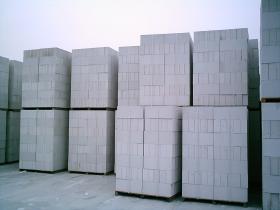
The industrial markets are filled with a wide variety of products from domestic and foreign manufacturers. Goods imported from abroad are traditionally more expensive, but their quality, as a rule, is higher.
The same qualities for all blocks are lightness, fire resistance, vapor permeability, sound insulation and ease of processing. The difference lies in the composition, production technology and the correctness of geometric shapes.
The following brands have proven themselves best:
- Xella.
- EuroAeroConcrete.
- Voronezh Combine of Building Materials.
- Ytong.
- StroyPartner
- CUBI.
- Bonolit.
- Thermocube.
The choice of goods is largely determined by such parameters as climatic conditions and the purpose of the building. In any case, you need to purchase foam blocks at proven retail outlets, and not in spontaneous markets.
It is necessary to demand a product quality certificate from the seller. This will avoid acquiring a fake and subsequent troubles.

